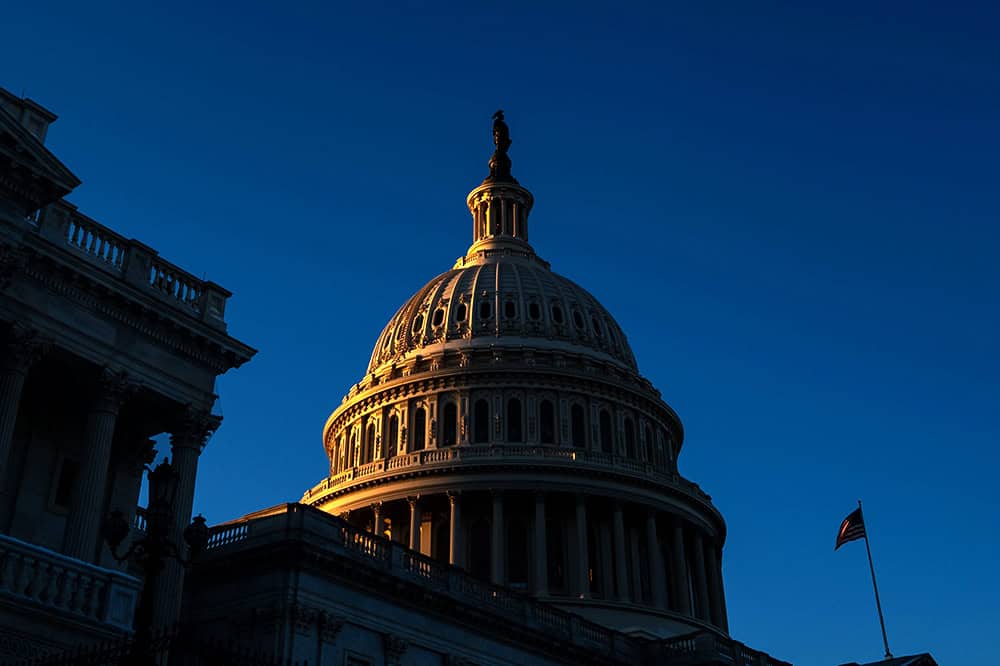Statement on the President’s Budget from the Peterson Foundation
NEW YORK — Michael A. Peterson, President and COO of the Peter G. Peterson Foundation, commented today following the release of the President’s FY2015 Budget:
”While near-term deficits are lower, our long-term debt is still on an unsustainable path that damages our economy, today and in the future.
“Unfortunately, this budget does not address the fundamental drivers of our long-term debt, and it’s particularly disappointing that a credible structural reform from last year’s budget — chained CPI — has been removed. An election year should not be an excuse for either party to back away from the difficult, but necessary work of fiscal reform.
“Under this budget, our nation will spend a staggering $5.6 trillion on interest costs alone over the next 10 years, and interest will become the third largest federal ‘program’ by 2020. On our current path, we will soon spend more on interest than we do on all federal investment in R&D, education, and non-defense infrastructure, combined. America cannot become a nation that spends more on its past than on its future.
“Stabilizing the debt over the long term is a key part of any sound fiscal policy and viable economic strategy for America. We need to resolve our nation’s fiscal challenges in order to protect critically important health and retirement programs, invest in our own future, and ensure economic growth and opportunity for future generations.”
For the President’s Budget for Fiscal Year 2015, click here. For the Peterson Foundation’s analysis of the President’s Budget, click here.
Further Reading
Lawmakers are Running Out of Time to Fix Social Security
Without reform, Social Security could be depleted as early as 2032, with automatic cuts for beneficiaries.
What Is the National Debt Costing Us?
Programs that millions of Americans depend on and care about may be feeling a squeeze from interest costs on our high and rising national debt.
Interest Costs on the National Debt Are Reaching All-Time Highs
The most recent CBO projections confirm once again that America’s fiscal outlook is on an unsustainable path — increasingly driven by higher interest costs.


